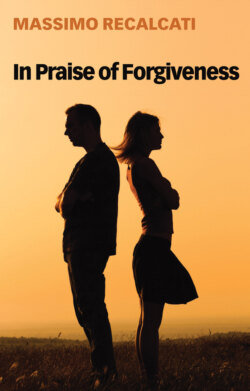Читать книгу In Praise of Forgiveness - Massimo Recalcati - Страница 11
Narcissistic Love
ОглавлениеThe heretical moment foretold by psychoanalysis contains within it a rightful demand: to demonstrate the extent to which narcissistic love is an illusion that does not feed the bond with the Other, but that reinforces the Ego’s passionate, one-way devotion to itself. When I say ‘I love you’, I am also saying ‘I love myself through you.’ Freud is clear on this point: when I choose to love the Other, I choose to love the person who represents the ideal image of my Ego. Love can have many sides and one of these is without doubt that of a scam, of blindness, of suggestion, of hypnosis, of narcissistically falling in love.9
Today, this act of unmasking the loving Ideal has ended up fatally colluding with the hyper-hedonistic cynicism of the capitalist discourse. Psychoanalysis has unwittingly served the new master – the capitalist discourse – which decrees love to be an illusion, whilst insisting that what counts in life is the acquisition of the highest possible quota of enjoyment. It is also for this reason that the time has come for psychoanalysis to say something more on love. If this disenchantment has come from the dominant ideology that dismisses everything beyond the closed horizon of the Ego as naïve belief and pure misrecognition, then psychoanalysis needs to rediscover the role it plays in sustaining critical social theory, recovering the dimension of love as absolute exposure, as an irreducible and unique point of resistance in the face of the cynical and narcissistic bent that feeds the capitalist discourse. This means revaluating psychoanalysis, seeing it as a possible discourse on love that cannot be absorbed by either the libertine worship of desire without ties or the bourgeois resignation to lifeless routine, rather than solely as a force that deconstructs the loving Ideal. Is it not up to psychoanalysis, today more than ever, to endorse once more the dimension of love in its absolute risk? Should psychoanalysis itself not wager the existence of a new love, a ‘new love’ capable, as Lacan would have said, of making desire (as a demand for love that makes the loved one unique and irreplaceable) and enjoyment (as the urge of an erotic body of drive) converge with love rather than dissociate from it?
